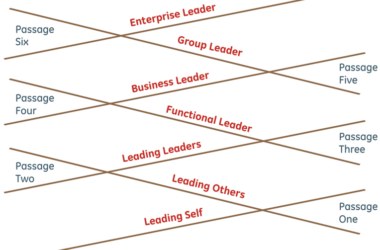Random Walk is the classic investment tome. I have been meaning to get through it for a while now, but I’ve only recently had a chance to read through its timeless advice.
I guess I really shouldn’t have been surprised, but the payoff was much more…mundane than I had expected. The classic work provides the bulk of its investment guidance in its final chapters, but since the book has been published and read and recommended for four decades now, what was novel in the 70s (the first edition was printed in 1973) has become common wisdom in 2014. Simply put, the secret of investment in the stock market is: low-cost market index funds.
Most people who’ve done any reading on investments will have come across this reoccurring theme, pitched as a reliable if unsexy option from the biggest brokerages to the best investors. Those who believe the analyses will accept the strategy and sit on a historically reliable 8% annual return for the next 50 years, and those who trust their own research will try to beat the law of averages and boast about doubling their money in a week.
In fact, the majority of the book goes into explaining how asset bubbles form throughout history, deconstructing both the variety of technical and very non-technical attempts at analyzing and beating overall market trends. The book makes its case for a simple-yet-boring investment strategy, with textbook allocations for risk as a function of age (i.e., stocks when young, bonds upon retirement). Having accepted these guidelines a long time ago, the research is reaffirming if a bit repetitive.
In thinking of asset bubbles in general, though, instances of runaway valuation inflation outside of the stock market are easy to find: the current Chinese housing market; closer to home, a similar run-up in Bay Area real estate; even-more-massive salary increases for fortunate engineers who work in technology hubs; Bitcoin’s impressive raise at the start of 2013 and its subsequent volatility. The strongest argument the author makes is that, for any specific stock, the market’s efficiency should very quickly converge on its true value, and the average investor is unlikely to beat institutions in capturing the difference as profits. The only other people who can reliably turn a profit on the markets – beyond the general growth of the economy itself – are glorified middlemen, the high-frequency traders and hedge fund managers of the world.



